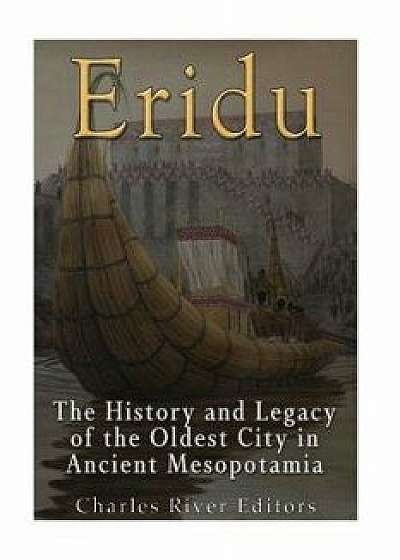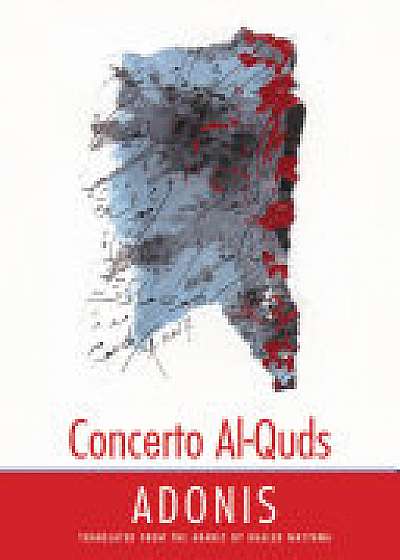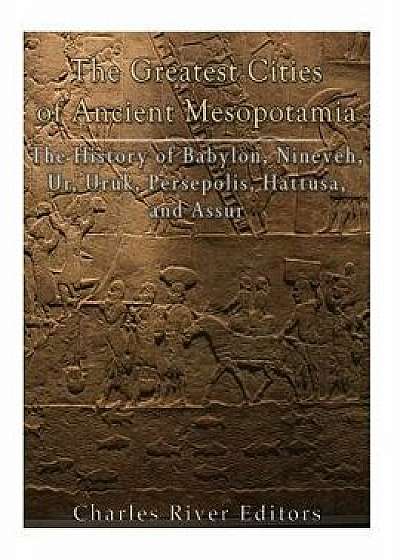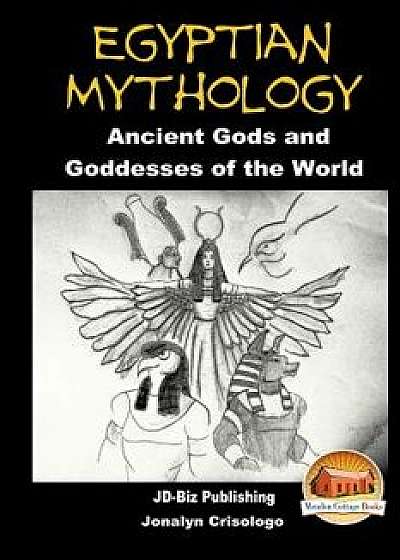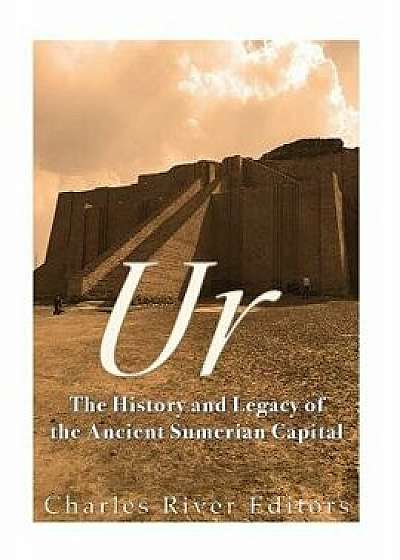
Ur: The History and Legacy of the Ancient Sumerian Capital, Paperback/Charles River Editors
Descriere
Includes pictures Includes ancient passages and accounts about Ur written by Babylonian kings and others Includes online resources and a bibliography for further reading When American archaeologists discovered a collection of cuneiform tablets in Iraq in the late 19th century, they were confronted with a language and a people who were at the time only scarcely known to even the most knowledgeable scholars of ancient Mesopotamia: the Sumerians. The exploits and achievements of other Mesopotamian peoples, such as the Assyrians and Babylonians, were already known to a large segment of the population through the Old Testament and the nascent field of Near Eastern studies had unraveled the enigma of the Akkadian language that was widely used throughout the region in ancient times, but the discovery of the Sumerian tablets brought to light the existence of the Sumerian culture, which was the oldest of all the Mesopotamian cultures. Long before Alexandria was a city and even before Memphis and Babylon had attained greatness, the ancient Mesopotamian city of Ur stood foremost among ancient Near Eastern cities. Today, the greatness and cultural influence of Ur has been largely forgotten by most people, partially because its monuments have not stood the test of time the way other ancient culture's monuments have. For instance, the monuments of Egypt were made of stone while those of Ur and most other Mesopotamian cities were made of mud brick and as will be discussed in this report, mud brick may be an easier material to work with than stone but it also decays much quicker. The same is true to a certain extent for the written documents that were produced at Ur. The people of Mesopotamia, which Ur was part of, employed the cuneiform system of writing; since cuneiform was almost always written on clay tablets, modern scholars have been forced with the unfortunate problem that many of those tablets have been broken and made unreadable throughout the centuries. Despite the epheme
